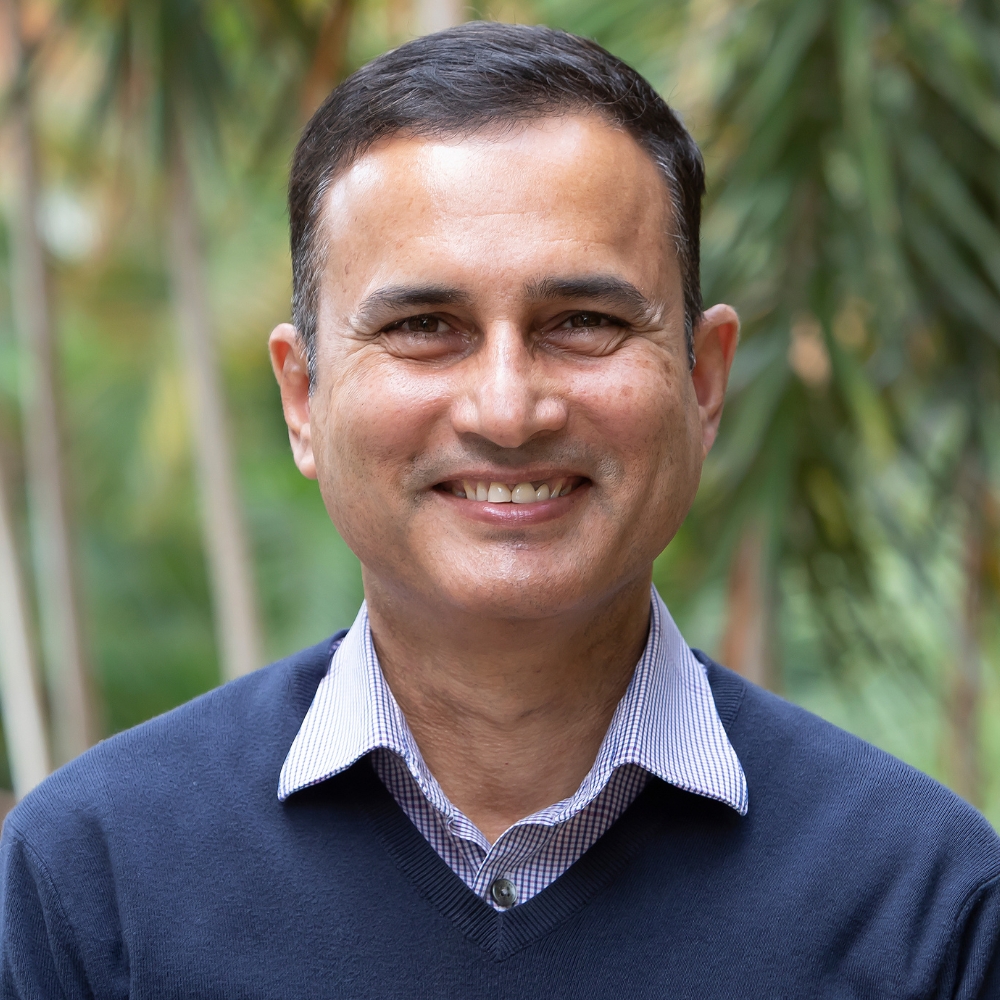Interdisciplinary focus
By taking an interdisciplinary approach, you will explore and analyse the issue of sustainability and accountability in the transboundary movement of plastic waste from a business perspective (supervised by Dr. Upadhaya) and how this intersects with, or informs, the current national/global regulatory landscape regarding the global plastic waste trade (supervised by Prof. Hulme). This provides the opportunity to use mixed-methods (i.e. quantitative and qualitative) approaches.
Training and support
You will be supported through the Sustainable Transitions training programme which provides initial training in interdisciplinary research methods, training in the secondary discipline within the project area, and ongoing training throughout the duration of the programme. All doctoral scholars benefit from the support of Proficio, which entitles you to £2,500 that can be used to purchase training courses either within or external to the University. Additionally, all scholars are entitled to an additional £10,000 that can be used to cover research costs and further training. Doctoral scholars are encouraged to audit/attend University masters and degree level courses where appropriate. You will also have the support of the Sustainable Transitions management team as well as your own supervisory team. All Sustainable Transitions scholars will become part of the University of Essex Centre for Environment and Society through which ongoing events and networking opportunities are available.
Person specification
This opportunity would suit a candidate with a degree/ background in business/ management/ accounting with an interest in environmental issues and regulation. It is not necessary for the candidate to have prior training in law as that will be provided on the programme.
Research proposal
The project area is broadly defined, leaving scope for the applicant to develop their own specific research proposal as part of the application. The successful candidate will further develop their proposal in close consultation with the supervisory team.
Supervision
The primary discipline supervisor takes the lead responsibility for supervising the project. For further detail relating to supervision see the Guidance for Applicants (.pdf) document.
Additional background information
The global economy is heavily reliant on the production and consumption of plastics, which have become one of the most commonly used materials found in most commercial products. However, evidence has shown that almost two thirds of all plastics ever produced globally become waste (UNCTAD, 2021) and the overall recycling rate of plastic waste remains very low (e.g., approximately 9 %), according to the OECD (2022). Plastic pollution is also regarded as one of the most obvious and ubiquitous environmental problems of the current era (UNCTAD, 2021). The impact on the economy, environment and health of those in the developing world is worsening. Plastics, including microplastics, are now present on a widescale in the soils, aquatic and marine environments, and the food web for most species and legal regulation is currently lacking. Rights and laws, including those relating to global trade, recycling and the circular economy, however, may influence the end destination of plastic waste. The interests of businesses and states are not uniform, with different actors having different interests in whether and how to manage the global waste trade. What actions are businesses, particularly transnational companies, already taking in this space and what regulatory gaps exist? The research will, therefore, contribute to better understanding of the global plastic waste trade and its regulation.
While prior business studies have examined the issues associated with plastic waste management from different perspectives, relatively little is known about the plastic waste trade and the issues of sustainability and accountability in the transboundary movement of plastic waste. Legal efforts are also currently underway at the international level to negotiate a new plastics treaty, although whether it will include plastic waste is still to be decided. The issues raised by plastic waste are different for each country. Some states may be exporters of plastics and plastic waste, while others may be importers. Therefore, the project will analyse the global plastic waste business to better understand the trade, policy and regulatory gaps and identify necessary national and global measures, and explore the issue of sustainability and accountability related to the plastic waste trade.
Supervisory team references
-
Wijethilake, C., Adhikari, P. and Upadhaya, B. (2024). Regulatory capture in transboundary waste dumping: (Lack of) accountability in the Global North – South context. Organization & Environment (In press)
- Wijethilake, C., Upadhaya, B. and Lama, T., (2023). The role of organisational culture in organisational change towards sustainability: Evidence from the garment manufacturing industry. Production Planning and Control. 34 (3), 275-294
- Karen Hulme and Samantha Davey, Litter Law: England and Wales (.pdf), February 2020
- Karen Hulme and David Ong, ‘The Challenge of Global Environmental Change for International Law: An Overview’, in Low, Global Change and Sustainable Development: Asia-Pacific Perspectives (Cambridge University Press, 2022).





